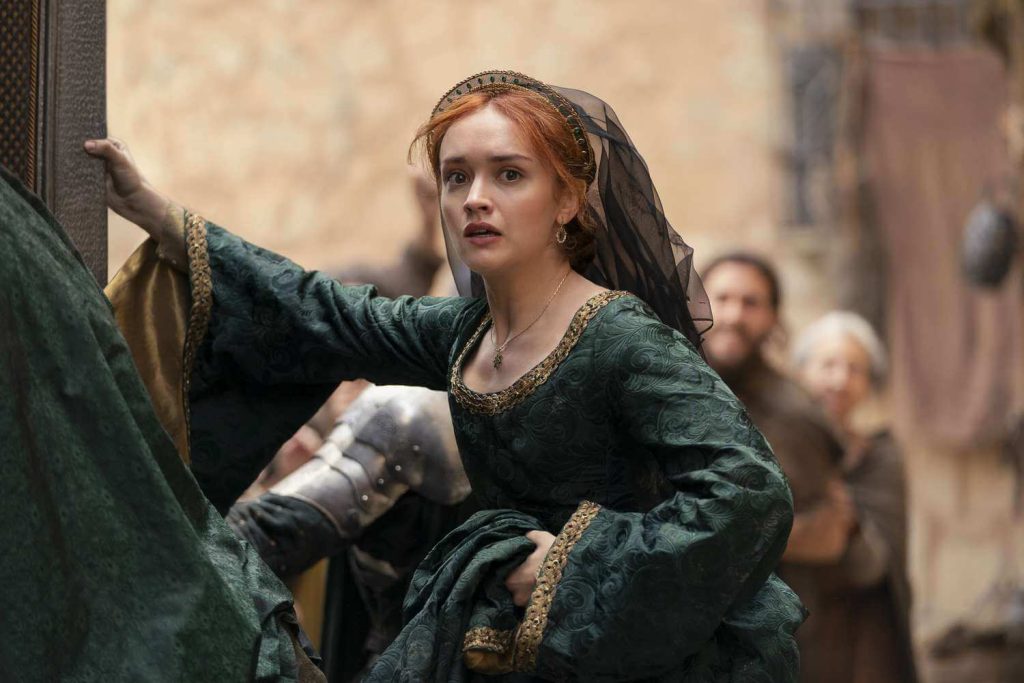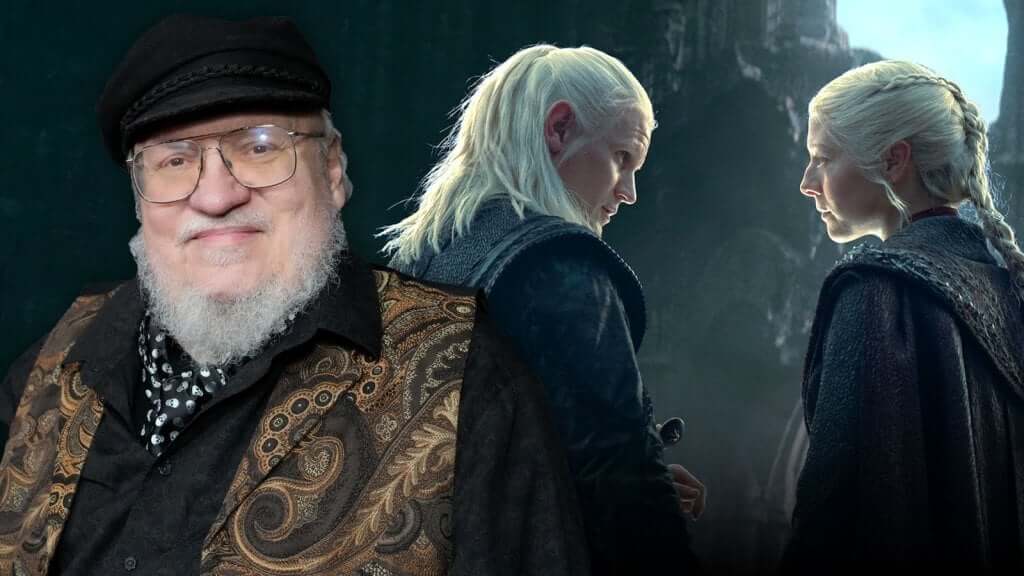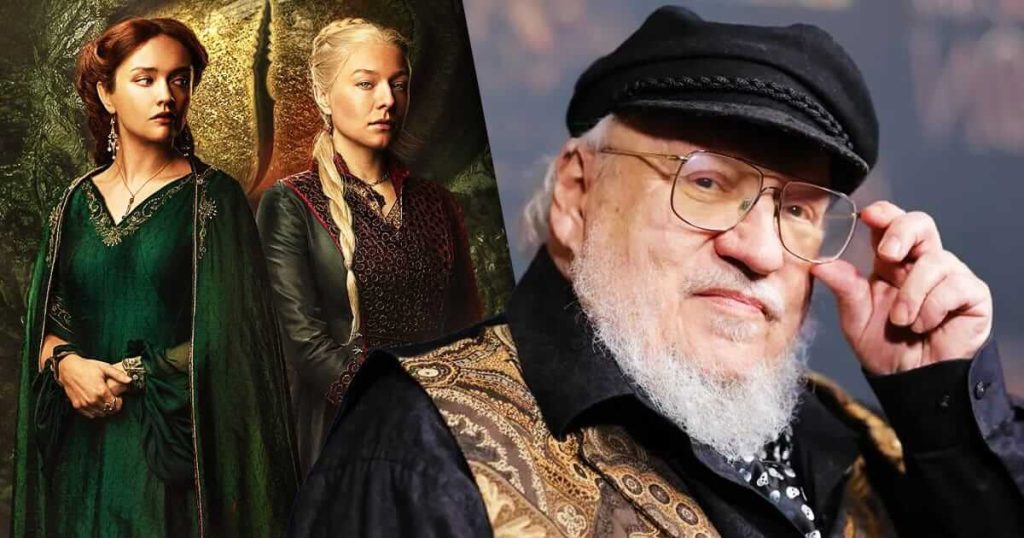World News
HBO Responds to George R.R. Martin’s Creative Concerns Over House of the Dragon: A Look at the Debate
The recent exchange between George R.R. Martin and HBO over House of the Dragon has sparked widespread interest and some debate among fans of A Song of Ice and Fire. Martin’s comments about creative deviations in the series, coupled with HBO’s response, reveal the intricate balance required in adapting beloved source material to a new medium. Here, we’ll examine the nuances of this conversation, exploring Martin’s concerns, HBO’s perspective, and the implications for both House of the Dragon and future adaptations.
George R.R. Martin’s Vision: A Call for Faithfulness to Source Material
As the author of A Song of Ice and Fire, Martin has long been vocal about his dedication to intricate world-building and character complexity. His comments regarding House of the Dragon suggest a desire for adaptations that stay as close to his narrative as possible, especially given the layered histories within his works. Martin’s call for faithfulness underscores his belief that certain plot points and character arcs carry thematic weight and foreshadow future events, and he wishes for these elements to be maintained as they transition to screen.

HBO’s Perspective: Balancing Book Loyalty with Storytelling for Television
In response, HBO acknowledged Martin’s influence, emphasizing their effort to capture the essence of his work while adjusting for the needs of television. Adaptations must account for the pacing, audience, and episodic structure unique to television, which can sometimes mean altering events for impact or condensing certain plotlines. HBO’s reply highlights the challenge of staying true to the core story while creating a product that is accessible to viewers who may be new to Martin’s universe. They also recognize the legacy of Game of Thrones and the expectations it set.
The Adaptation Challenge: Why Some Deviations are Necessary
Adapting a densely written novel series like A Song of Ice and Fire involves navigating complex histories, multiple perspectives, and vast story arcs. Some deviations or re-interpretations are inevitable to ensure coherent pacing and character development on screen. For instance, with House of the Dragon, decisions may focus on clarifying motives, enhancing visual storytelling, or merging characters to streamline plots. These choices aim to capture the main spirit of Martin’s work, even if it means adjusting scenes or dialogues to fit a condensed runtime and episodic flow.

Fan Reactions: Loyalty to the Books vs. Openness to Creative Interpretation
The public conversation has prompted strong reactions from fans, ranging from purists who want a close adherence to Martin’s vision to those who appreciate the creative freedom television offers. Some fans feel that staying closer to the books would preserve the intricate detail they love, while others believe that a degree of creative interpretation allows House of the Dragon to stand on its own. This division reflects broader trends in media, as fans grapple with the balance between faithfulness to source material and creative innovation in adaptations.
The Future of House of the Dragon and Adaptations of A Song of Ice and Fire
This interaction between Martin and HBO suggests a broader conversation about future adaptations within the A Song of Ice and Fire universe. As House of the Dragon continues, and with possible spin-offs in development, this feedback loop between author, creators, and audience may shape how adaptations are approached. It’s likely that lessons from this experience will influence how subsequent series navigate the line between authenticity and adaptation, ensuring that each series honors Martin’s vision while engaging new audiences.
HBO’s response to Martin’s comments reflects the challenges and opportunities inherent in adapting epic novels for television. By embracing dialogue between creator and network, House of the Dragon can continue to evolve, hopefully achieving a balance that satisfies both loyal readers and new fans alike.
From thedragonfashion


